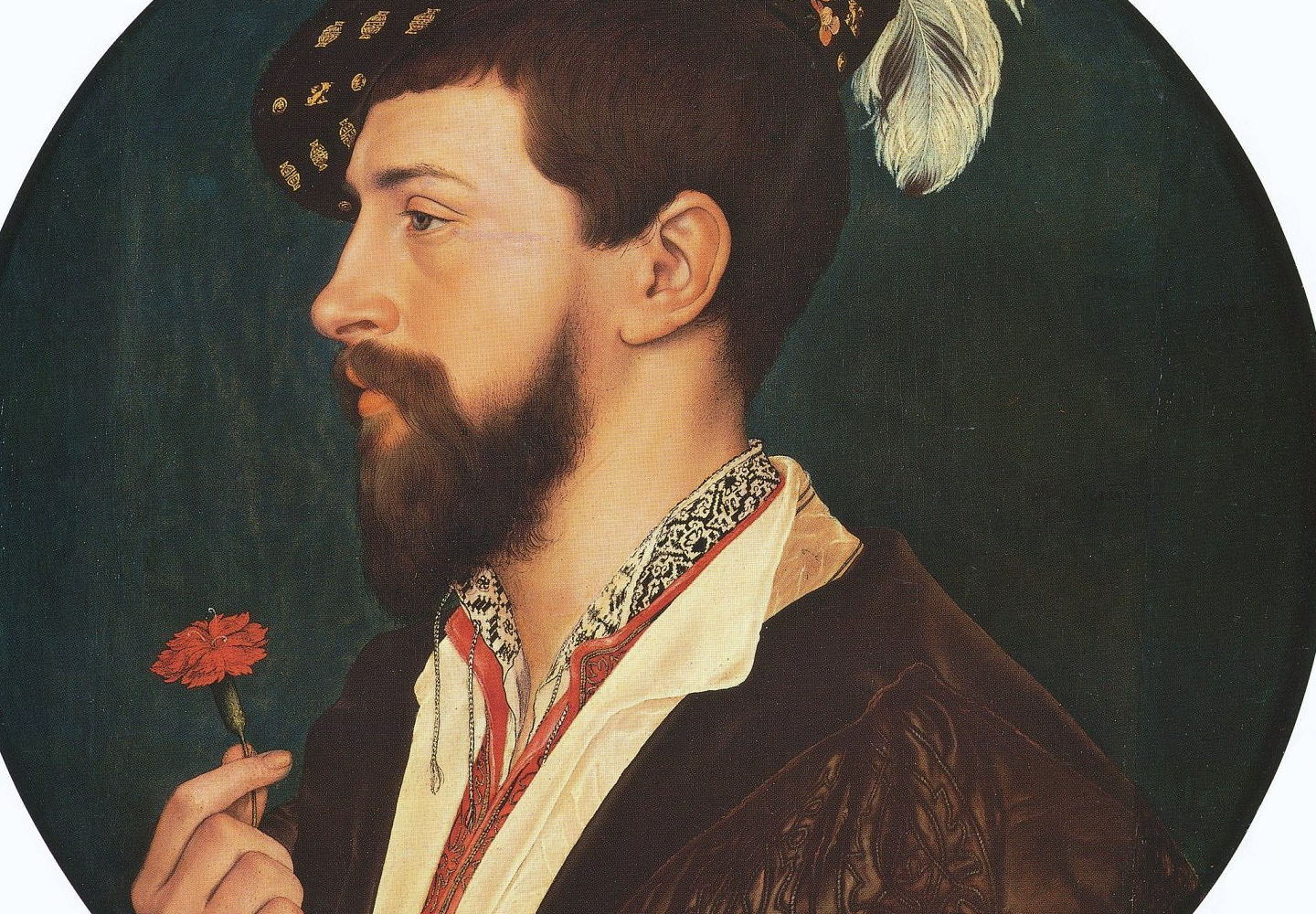Speaker details
How to watch
Presented by
The Morgan Library & Museum
New York, NY
About The Exhibition
Hans Holbein the Younger (1497/98–1543) was among the most skilled, versatile, and inventive artists of the early 1500s. He created captivating portraits of courtiers, merchants, scholars, and statesmen in Basel, Switzerland, and later in England, and served as a court painter to Tudor King Henry VIII (1491–1547). Enriched by inscriptions, insignia, and evocative attributes, his portraits comprise eloquent visual statements of personal identity and illuminate the Renaissance culture of erudition, self-fashioning, luxury, and wit.
Holbein: Capturing Character is the first major exhibition dedicated to the artist in the United States. Spanning Holbein’s entire career, it starts with his early years in Basel, where Holbein was active in the book trade and created iconic portraits of the great humanist scholar Erasmus of Rotterdam (1466–1536). Holbein stayed in England in 1526–1528 and moved there permanently in 1532, quickly becoming the most sought-after artist among the nobles, courtiers, and foreign merchants of the Hanseatic League. In addition to showcasing Holbein’s renowned drawn and painted likenesses of these sitters, the exhibition highlights the artist’s activities as a designer of prints, printed books, personal devices (emblems accompanied by mottos), and jewels. This varied presentation reveals the artist’s wide-ranging contributions to the practice of personal definition in the Renaissance. Works by Holbein’s famed contemporaries, such as Jan Gossaert (ca. 1478–1532) and Quentin Metsys (1466–1530), and a display of intricate period jewelry and book bindings offer further insights into new cultural interests in the representation of individual identity, and highlight the visual splendor of the art and culture of the time.
Image: Hans Holbein the Younger, Simon George of Cornwall, ca. 1535–40. Frankfurt am Main, Städel Museum, 1065.


